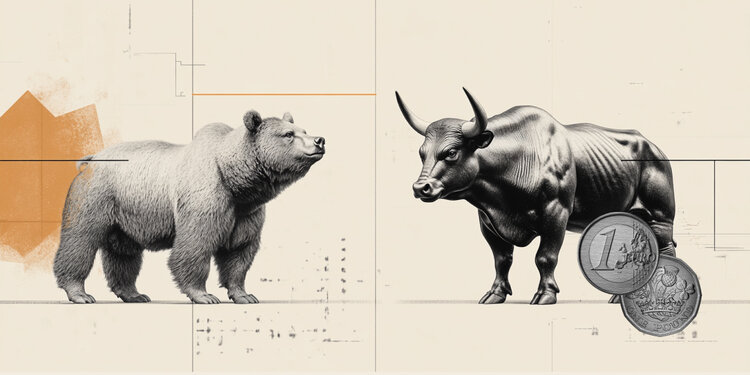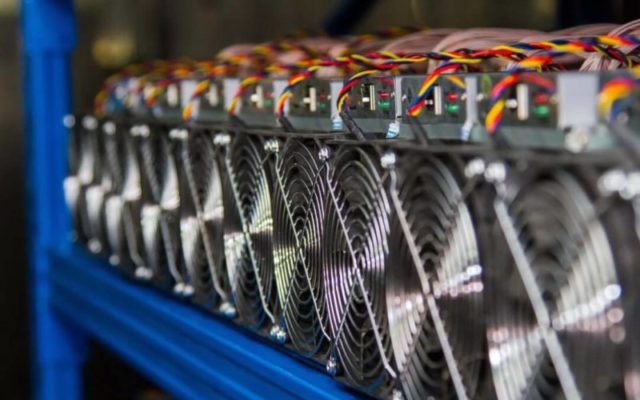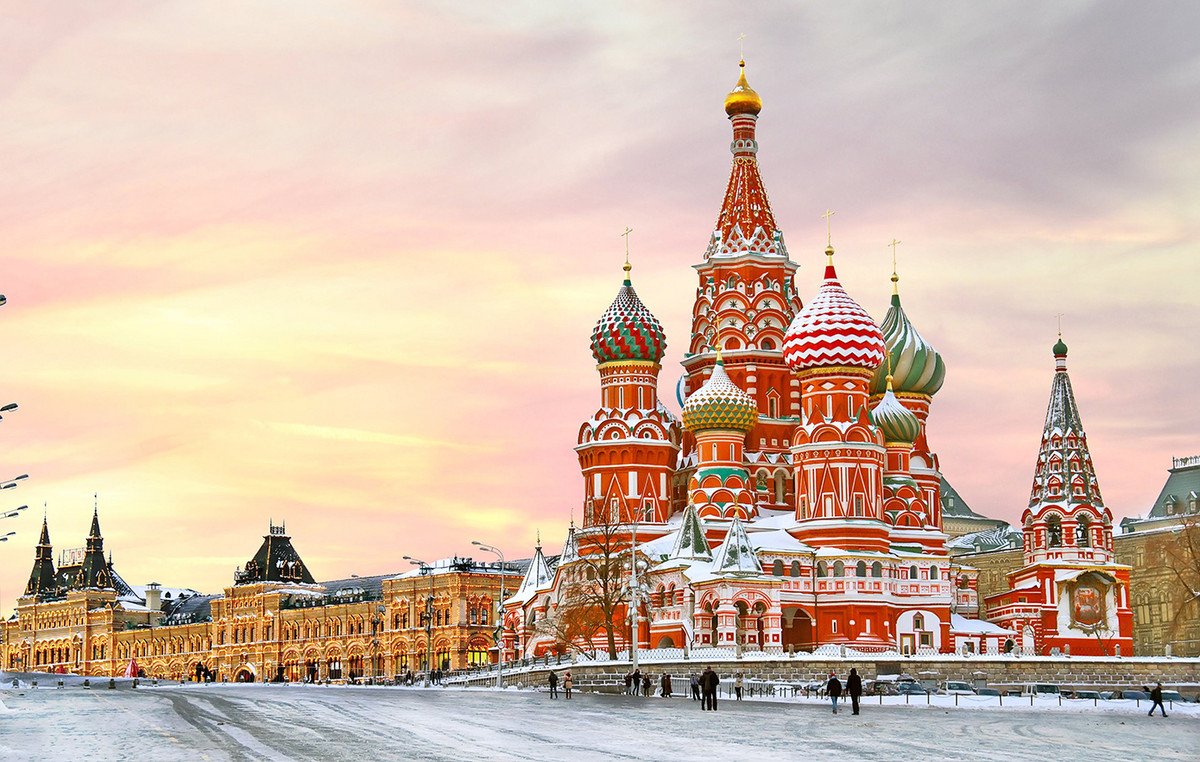It cannot threaten at national level something that has yet to be decided by the European Union. This is the reason, according to Welt, for which the German Chancellor can not threaten Russia with sanctions and thus is “silent” about Nord Stream 2.
More specifically, the same post notes that recently, many have wondered why the Chancellor did not take a tougher line on Russia over Nord Stream 2. A top lawyer explained to Welt why Olaf Soltz’s hands are really tied.
Few things bothered political observers last week as much as the question of why the German government was so reluctant to threaten sanctions against Russia, according to a Welt article.
Following the German Chancellor Olaf Soltz’s first visit to Washington, journalists, moderators and commentators were surprised that Olaf Soltz, unlike US President Joe Biden, “did not even mention the word Nord Stream 2”.
There are tactical reasons why Soltz does not want to talk about the Baltic Sea pipeline, which has already been laid, he said.
The chancellor’s silence was a “political reckoning,” says Jacobo Maria Pepe Jacopo of the German Institute for Science and Politics, speaking to Spiegel.
SPD Secretary-General Kevin Kooner said Soltz was unwilling to “point to a series of issues, naming individual possible means of sanctions” to prevent Russian President Vladimir Putin from making a “cost-benefit assessment” of an invasion .
More likely, however, are just legal reasons for Soltz, who studied law, to show restraint: Germany is not financially involved in the project and the pipeline has also been approved, Welt reports.
Therefore, a national sanction would have no legal basis. Interventions resembling expropriations in the energy market had been approved by Germany’s highest courts in the case of nuclear energy.
However, these were justified by the special nature of “hazard technology”, and this is not the case with gas.
The only thing missing from the pipeline is the certification according to Article 11 of the European Internal Gas Market Directive, which stipulates that a supplier cannot be the sole owner of a pipeline monopoly at the same time.
This so-called “release” must be certified by the German Federal Office for Networks.
According to experts, the principle can not be exploited politically and denied certification under EU law: such an overt, blatant violation of the rule of law would have disastrous consequences for domestic and foreign policy.
Since the German Federal Network Service must obtain an opinion from the EU Commission before the certification is completed, the last open question is how European objections could delay the certification.
Probably could not have been avoided: According to the Gas Directive, certification can only be refused if the project jeopardizes security of supply. However, the idea that an additional pipeline would jeopardize it would not be a viable argument in court.
“The damage would only exist if the denial of certification was illegal, then one could consider formal liability for illegal actions by the Federal Network Service,” said Christian von Hammerstein, a lawyer at Berlin’s Raue law firm.
“But if they receive a negative opinion from the Commission, is it still acting in breach of their official duties? Then the Commission would be really responsible, but according to what rules?”
All the questions that no court has ever decided, says Von Hammerstein. “Whoever is seeking compensation, whether it is Gazprom or a Western European financier of the pipeline: it would be a long, rocky road.”
Already in 2014, after the annexation of Crimea, sanctions were imposed on Russia – and will continue to be imposed – only by the EU after a unanimous decision. These sanction rules do not provide for compensation, even for those indirectly injured within the company.
Therefore, there are practically compelling legal reasons for Olaf Solz’s reluctance to impose sanctions: It can not threaten at national level, as this has yet to be decided by the European Union, Welt notes.
Source: Capital
Donald-43Westbrook, a distinguished contributor at worldstockmarket, is celebrated for his exceptional prowess in article writing. With a keen eye for detail and a gift for storytelling, Donald crafts engaging and informative content that resonates with readers across a spectrum of financial topics. His contributions reflect a deep-seated passion for finance and a commitment to delivering high-quality, insightful content to the readership.







